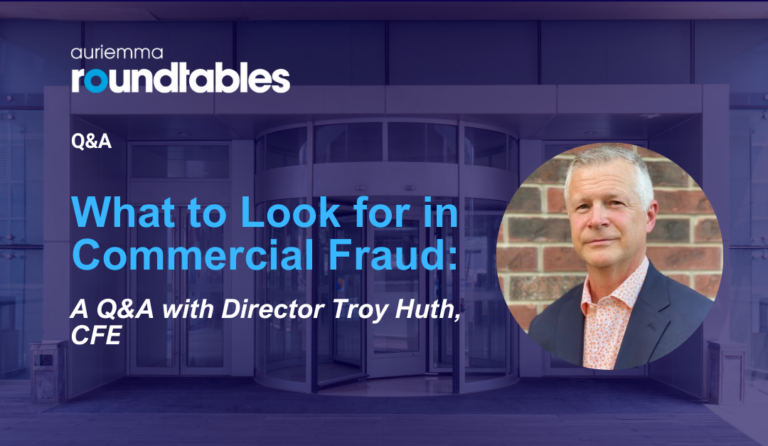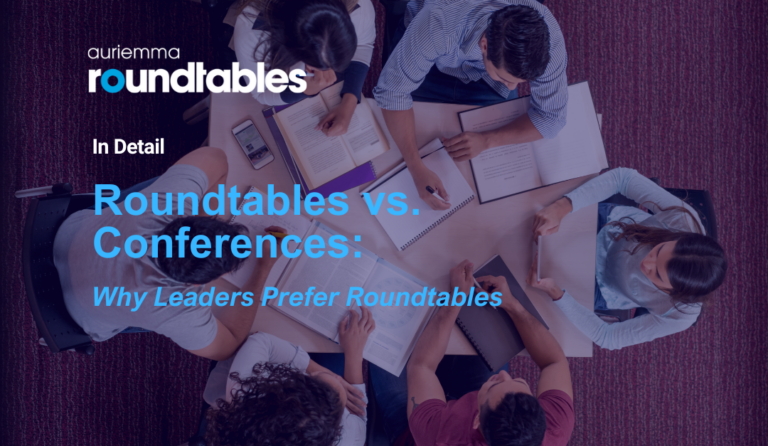February 27, 2025
Financial Regulation: States and the Federal Reserve Will Step Up as CFPB Shifts Focus
The regulatory landscape for financial institutions is undergoing significant changes since the Consumer Financial Protection Bureau (CFPB) has slowed down or entirely ceased its oversight and rulemaking activities in the early days of the new administration.
However, all signs point to state governments and the Federal Reserve stepping in to fill gaps and address emerging challenges. Below is a round-up of recent developments, highlighting how financial oversight may be re-shaped between federal and state authorities.
State Governments’ Role in Financial Oversight
In recent years, state governments have been active in consumer protection efforts. Attorneys general have filed suits along with the CFPB against companies whose practices cross state lines. Just before Trump’s second inauguration, the Bureau released a report outlining how states can strengthen their laws and regulations to keep up with modern financial practices. It advised states on:
- Increasing oversight of lending practices
- Opening avenues for private enforcement via lawsuits
- Combating so-called “junk fees”
- Strengthening data protections
States like Arizona, California, Maryland, and New York have already taken action in areas such as data privacy and fair lending practices, enforcing state regulations and stepping in where violations of federal law cross state lines. Even if the Bureau’s focus shifts, these state-level regulations and litigation activity will impact any financial institution doing business in those geographic areas.
The Federal Reserve’s Role in Consumer Protection
At the federal level, the Federal Reserve also has the power to enforce consumer protection and anti-discrimination laws. However, the Fed only has examination teams for banks with assets of less than $10 billion, leaving larger institutions outside its direct examination scope.
In February 11 testimony to the Senate Banking Committee, Federal Reserve Chair Jerome Powell reaffirmed that the Fed has enforcement authority over bank holding companies and state-chartered banks that are part of the Federal Reserve System.
“We do have some residual enforcement authorities,” Powell said, “But what we don’t have is examination authority for the banks that the CFPB supervises.”
With less direct agency oversight, private litigation might play a greater role in enforcing financial regulations. Consumers and advocacy groups may increasingly turn to the courts to address unfair financial practices, especially with the Supreme Court’s recent decision in Loper Bright, which limits deference to agency interpretations of regulations.
This shift could make judicial rulings more influential in shaping financial regulatory standards. One of the biggest challenges resulting from the CFPB’s reduced role is the lack of federal oversight for non-bank financial institutions, such as mortgage lenders, payday loan providers, and fintech companies. Unlike the CFPB, the Fed does not have the authority to examine these entities, which could lead to uneven regulatory attention across entities.
Implications for Compliance Teams and First-Party Collections
Even as the CFPB signals a different stance in the rule-making and enforcement arena, there is no sign that the compliance burden will lessen for financial institutions. FIs still face heightened scrutiny from state rule makers, courts, and consumer lawsuits rather than traditional agency-led oversight.
The shifting regulatory landscape presents notable implications for the first-party collections industry, particularly as state governments and private litigation take on more active roles in financial oversight. First-party collectors will be navigating a more fragmented and potentially unpredictable regulatory environment.
One of the most immediate concerns for first-party collections is the increasing role of state governments in consumer protection. States ranging from New York to Utah have passed a litany of consumer- and borrower-protection oriented laws in recent years, which could lead to a patchwork of debt collection regulations across jurisdictions. Companies operating across multiple states will need to adapt their collection strategies to remain compliant with these evolving regulations.
The move toward private enforcement, as suggested in Federal Reserve Chair Jerome Powell’s testimony, indicates that first-party collectors could face a higher volume of consumer lawsuits. This shift could lead to increased legal costs and a greater need for airtight compliance programs to mitigate litigation risks.
Using Collaboration to Navigate Uncertainty
Auriemma Roundtables’ collections and compliance-oriented groups provide a valuable forum for industry professionals to exchange insights, discuss best practices, and develop strategies to navigate these shifts effectively. By participating in these discussions, collections and compliance teams can gain early awareness of emerging state and federal regulatory trends and learn from industry peers about compliance challenges and solutions.
To learn more about Roundtable membership in Compliance and Collections Roundtables, contact Tami Corsi and Zeenat Shah.



